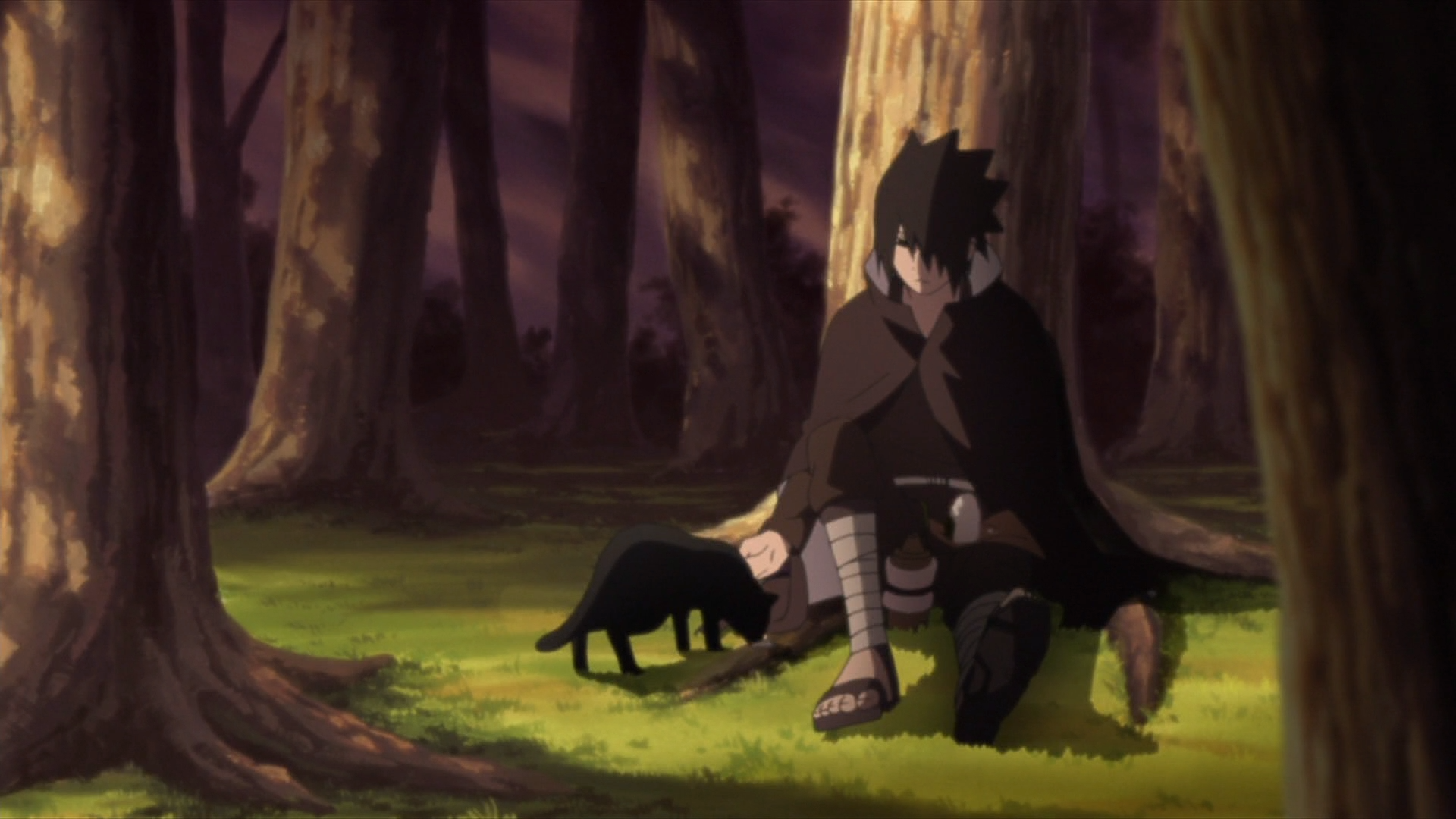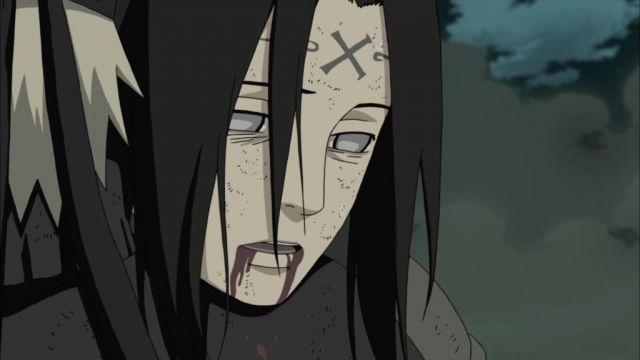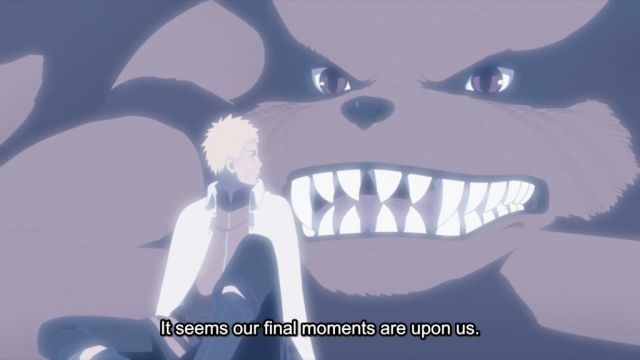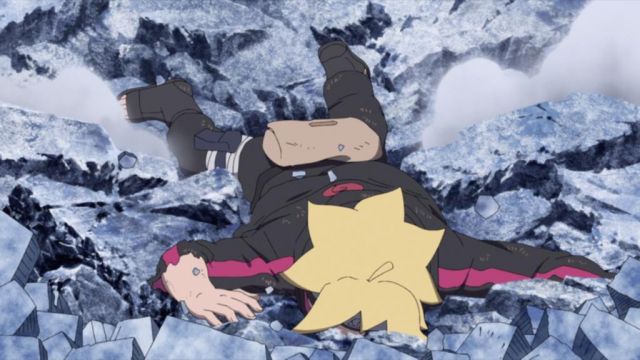If you follow Boruto or Naruto at all on social media, it’s likely you’ve seen the news of the former’s latest chapter. If you haven’t, stop reading now, because this article is quite full of spoilers. In Boruto chapter 66, the titular character suffers a fatal blow from his sworn brother, Kawaki, as Naruto attempts to save his life, unable to take his son’s life himself. Boruto has spent several volumes of the manga contending with slowly becoming the reincarnation of Momoshiki Otsutsuki. Generally, a character choosing to sacrifice themselves instead of letting a berserk inner demon run amok is something admirable in anime. The “evil inside of me” trope, at the very least, is by no means uncommon. But, Boruto and Naruto as a franchise have minimized the tension of death in the series.
To be clear, this is not a unique issue. But, I think the ways in which Boruto and Naruto have ruined the deaths in their stories are somewhat unique and point to a potentially negative trend in popular anime. This most recent death isn’t truly a death at all. Boruto’s apparent death isn’t like Dragon Ball, where death is temporary explicitly labelled as such (“We can revive him later with the dragon balls!”). But, it also isn’t like Attack on Titan, where the main cast can truly die in gruesome, permanent ways. Boruto opened with a flash-forward to the series’ final battle, where Boruto is clearly alive alongside Kawaki. We know he is going to be revived.
And this isn’t the first time the franchise has ruined its own suspense. In the past, promotional information meant to hype up the franchise inadvertently reduces the stakes and impact of the events of the series. Ironically, these are the tension-filled moments that would instead hype the shows organically. Even more, many of the reversals of death in the show have been incredibly unsatisfying. Let’s take a look at both of these types of disappointments and Boruto’s main opportunity to make up for them.
Promotional Spoilers
Boruto as a series ran into the problem that many spin-off anime have: they have to simultaneously invent a concept that won’t bore existing fans and retain enough of the essence of the original series to keep those fans around. Boruto struggled to do that initially; the peacetime of the series lacked the grit of early Naruto and the nostalgia that fans had for the original didn’t reappear. The opening scenes however, of the final battle with an adult Boruto and Kawaki, made fans excited and kept fans watching for weeks even when reviews of the show were incredibly negative.
In the past, Naruto managed to spoil the apparent “deaths” of Naruto and Sasuke in the manga due to promotions for The Last: Naruto the Movie, which clearly displayed older versions of most of the main cast. Like with this recent death, it didn’t change too many assumptions about outcomes. In general, main characters don’t die until the tail end of a series. But, even with that general knowledge, a small part of your brain always wonders…maybe they actually will die.

Knowing with certainty this isn’t the case makes the mechanism of revival for characters feel lazy and trite. It almost seems as though the character may as well have never gotten near death in the first place. Both of these examples are important because they illustrate the pressures anime face to chase capital. Series need to keep fans excited to keep the show alive. Unfortunately, this can mean that tension of the series is quite a bit lower than it could be.
Snuffed Sacrifice
Let’s talk about Might Guy, Neji, and everyone who died during the Pain arc. Might Guy used a life sacrificing jutsu to do the most damage to Madara anyone managed. Immediately afterward, his life was saved by Naruto, who then effortlessly did more damage than Guy did with his dying breaths. Immediately, his final resort became a means of scaling Naruto’s newfound ninja-Jesus power. Neji died to encourage Naruto, but his death proved he was right about destiny while Naruto was wrong. Kakashi died during the Pain arc only to be revived not too long later.

Now don’t get me wrong. Naruto obviously had some deaths that stuck with viewers and never got reversed. As the series went on, this became less and less of a pattern. Now, in Boruto, despite the anime and manga having two separate continuities for years, that same problem persists. Very few deaths happen at all and when they do, they’re usual antagonist deaths or characters no one really cared about. Except for one, obvious example.
The Boruto Death that Needs to Stay
Kurama’s death is the one death that absolutely needs to stay permanent. I think it also represents a lovely opportunity for the Boruto series to make it clear that not every death can be snatched back. It seemed that as Naruto went on and Boruto began, the series relied more and more on shock value to resuscitate its fanbase and that need won’t change. But, I think that at a certain point that shock value encounters diminishing returns. Eventually, the constant revivals and cheap twists to death get old and this is the threshold.

Moving forward, I’m hoping the series learns from its mistakes and goes back to the deaths we saw pre-Pain arc in Naruto. Given this is a series about the next generation but featuring characters we know well from the previous one, there is incredible room to have meaningful deaths of beloved characters. At this rate, the focus on such a small amount of the cast is making them un-killable, even further cutting against suspense. It remains to be seen exactly how Boruto will come back from the apparent dead. Hopefully its in a way a bit more digestible than his father and teacher.
Images courtesy of VRV
BORUTO: NARUTO NEXT GENERATIONS © 2002 MASASHI KISHIMOTO / 2017 BORUTO. All Rights Reserved.
NARUTO SHIPPUDEN (Animation) ©2002 MASASHI KISHIMOTO / 2007 SHIPPUDEN All Rights Reserved.












Leave a Reply